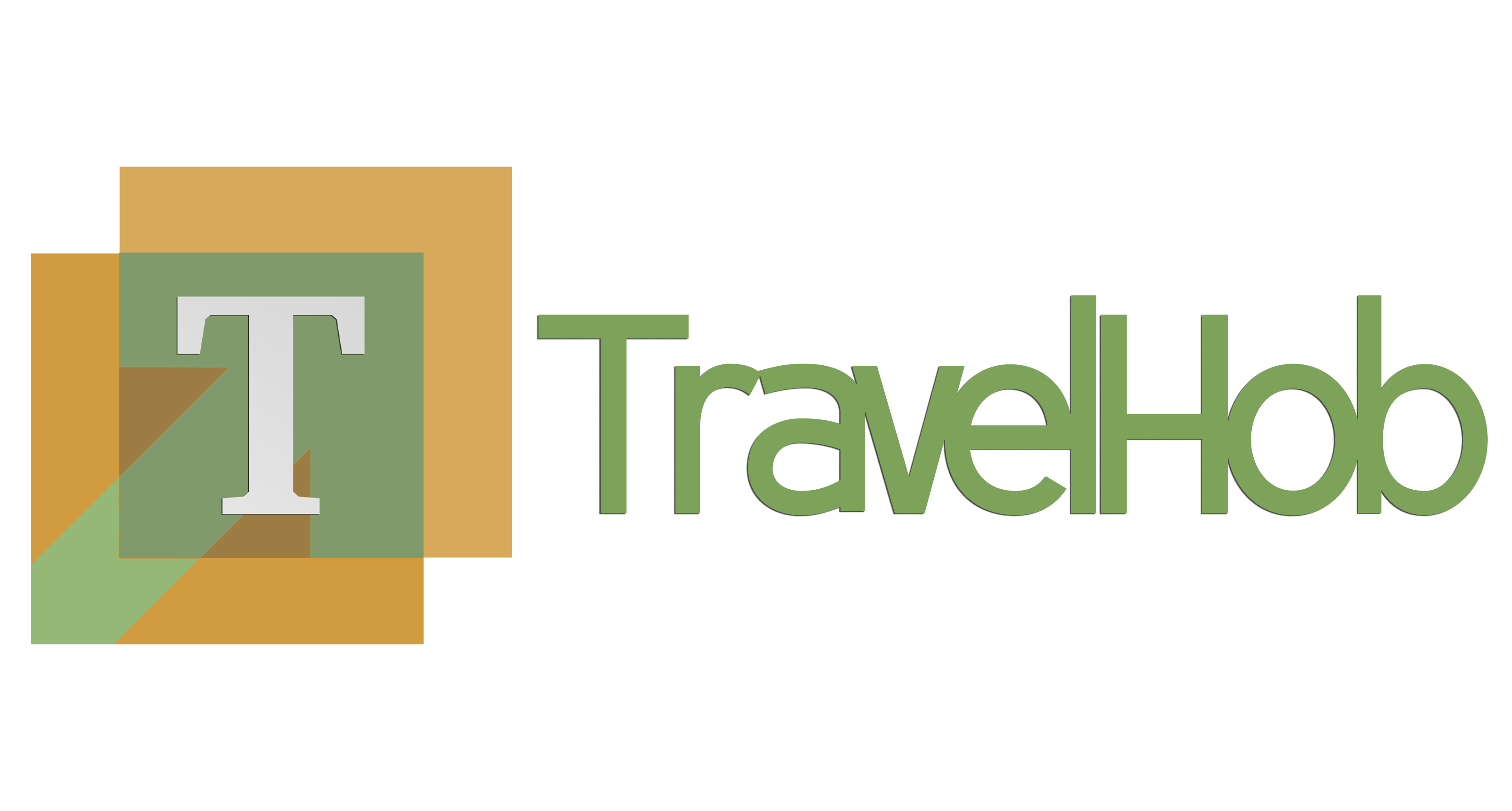Estonia Digital Nomad Visa. Estonia, a small Baltic nation nestled between Russia and Latvia, has positioned itself as a global leader in digital innovation. Known for its e-Residency program and thriving startup culture, Estonia has become a magnet for digital entrepreneurs and remote workers. In 2020, Estonia further solidified its reputation as a hub for digital nomads by introducing the Digital Nomad Visa (DNV), a unique initiative designed to attract remote workers from around the world.
This article provides a comprehensive overview of Estonia’s Digital Nomad Visa, covering its requirements, benefits, application process, and important statistics. Additionally, we’ll offer practical tips and advice to help you make the most of your experience as a digital nomad in Estonia.
What is the Estonia Digital Nomad Visa?
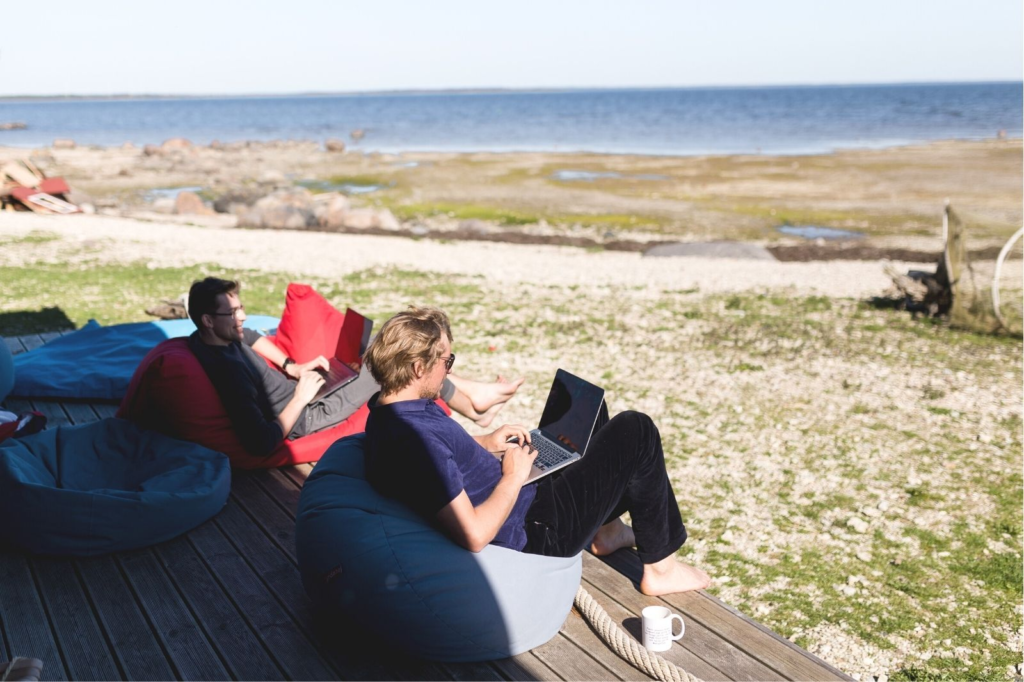
The Estonia Digital Nomad Visa is a special type of visa that allows remote workers and freelancers to legally live and work in Estonia for up to one year. The visa was introduced in response to the growing trend of remote work, which has been accelerated by the COVID-19 pandemic. Estonia recognized the potential of this new way of working and created the DNV to cater to the needs of digital nomads who want to experience life in a technologically advanced and welcoming country.
Keep reading: Albania Nomad Visa : How to Apply and What do i Need ?
Why Estonia?
Estonia is an attractive destination for digital nomads for several reasons:
- Digital Infrastructure: Estonia is one of the most digitally advanced countries in the world. With a high-speed internet connection available almost everywhere, the country provides a perfect environment for remote work. In fact, Estonia was the first country to offer e-Residency, allowing entrepreneurs to start and manage businesses online from anywhere in the world.
- Quality of Life: Estonia boasts a high quality of life, with clean air, beautiful landscapes, and a low cost of living compared to other European countries. The capital city, Tallinn, is a charming blend of medieval architecture and modern amenities, offering a vibrant cultural scene and a relaxed pace of life.
- Safety: Estonia is one of the safest countries in Europe, with a low crime rate and a stable political environment. This makes it an ideal destination for digital nomads looking for a peaceful and secure place to live and work.
- Proximity to Europe: Estonia’s location in Northern Europe provides easy access to other European countries. With direct flights to major cities like Berlin, Helsinki, and Stockholm, Estonia is a convenient base for those who wish to travel around Europe while working remotely.
Key Statistics
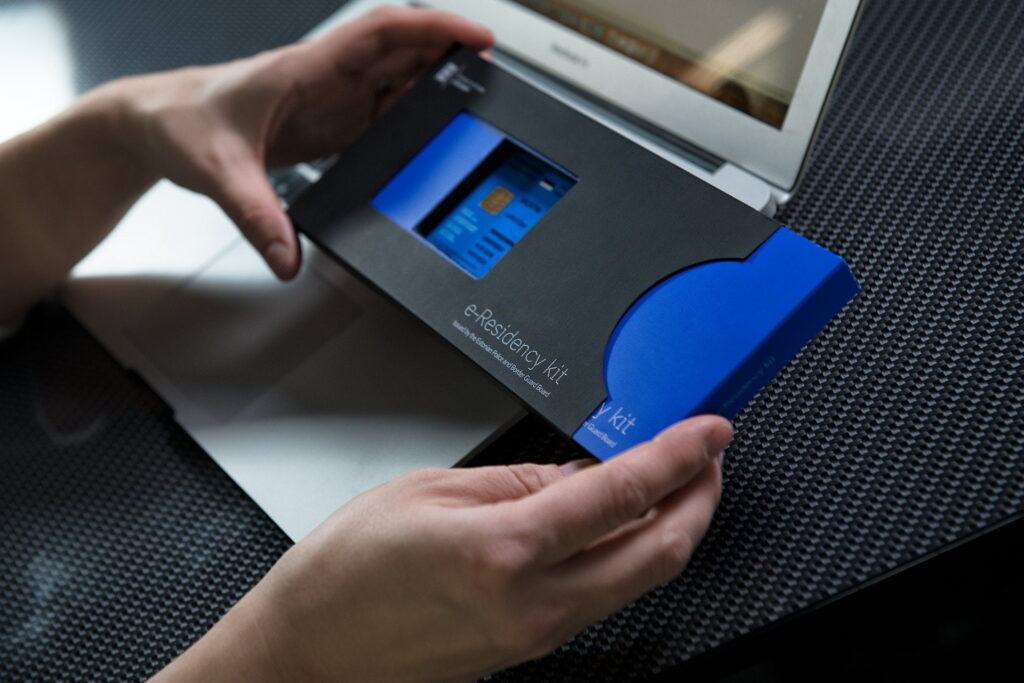
- Population: Estonia has a population of approximately 1.3 million people, making it one of the least densely populated countries in Europe.
- Internet Penetration: Over 90% of the population has access to the internet, with broadband speeds among the fastest in the world.
- English Proficiency: A significant portion of the Estonian population speaks English, especially in urban areas and among the younger generation, making it easier for foreigners to communicate and integrate.
- Cost of Living: The cost of living in Estonia is relatively low compared to other European countries. For example, the average monthly rent for a one-bedroom apartment in Tallinn is around €500-€700, while a meal at a mid-range restaurant typically costs between €10-€15.
Eligibility Requirements
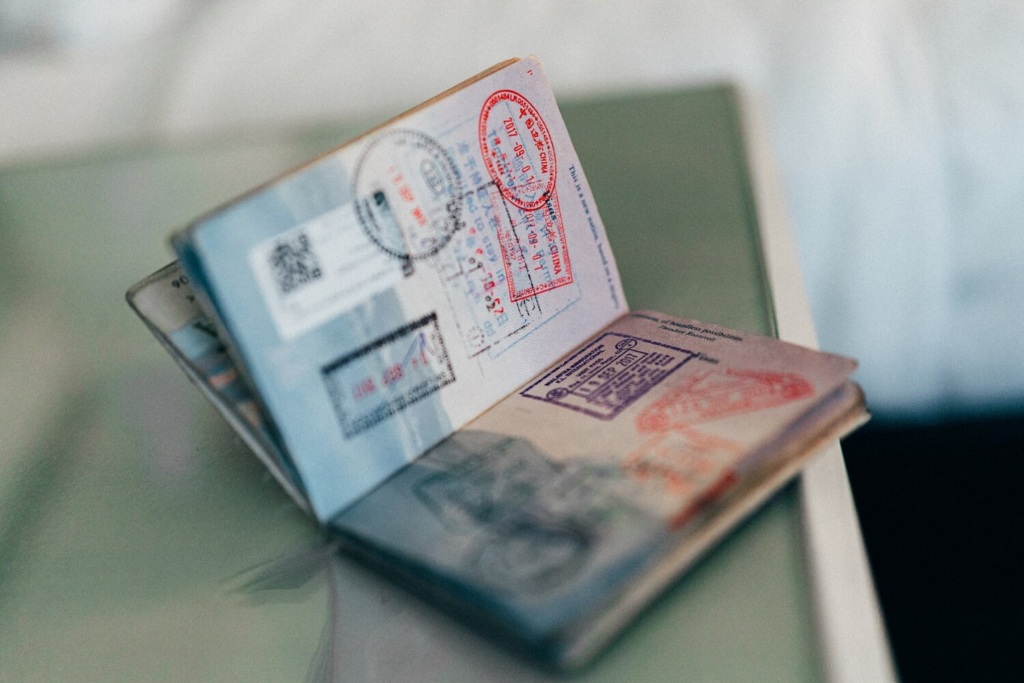
To qualify for Estonia’s Digital Nomad Visa, applicants must meet the following criteria:
- Remote Work: The primary requirement is that you must be able to work remotely for a company or clients located outside of Estonia. This can include freelancers, remote employees, and entrepreneurs who run their own businesses.
- Minimum Income: Applicants must demonstrate a stable monthly income of at least €3,504 (gross) over the last six months. This is to ensure that digital nomads can support themselves while living in Estonia.
- Valid Employment Contract: If you’re employed, you must have a valid employment contract with a company registered outside of Estonia. Freelancers must provide evidence of their work and contracts with clients.
- Health Insurance: Applicants must have valid health insurance that covers them during their stay in Estonia. The insurance must be comprehensive, covering medical expenses, hospitalization, and repatriation if necessary.
- No Criminal Record: As with most visa applications, you must have a clean criminal record to be eligible for the Digital Nomad Visa.
Read this article : Digital Nomad Visa for Spain: Everything You Need to Know
Application Process

Applying for the Estonia Digital Nomad Visa is a straightforward process, but it requires careful preparation. Here’s a step-by-step guide:
- Gather Required Documents: Before you begin your application, make sure you have all the necessary documents. These typically include:
- A valid passport
- Proof of remote work (employment contract, client contracts, etc.)
- Bank statements showing your income over the last six months
- Proof of health insurance
- A recent passport-sized photograph
- A cover letter explaining your reasons for applying for the DNV
- Submit Your Application: The application for the Digital Nomad Visa can be submitted online through the Estonian Ministry of Foreign Affairs website. You will need to fill out the application form and upload the required documents. There is also a non-refundable application fee of €80 for a short-term visa (up to 90 days) or €100 for a long-term visa (up to one year).
- Schedule an Appointment: After submitting your application online, you will need to schedule an appointment at the nearest Estonian embassy or consulate to provide biometric data (fingerprints) and have an interview. During the interview, the consular officer may ask you questions about your work, income, and plans in Estonia.
- Wait for Approval: The processing time for the Digital Nomad Visa is usually around 30 days. Once your application is approved, you will receive your visa, allowing you to enter Estonia and start your digital nomad journey.
- Register Your Residence: Upon arrival in Estonia, you must register your place of residence with the local authorities within 30 days. This is a legal requirement and ensures that you are officially recognized as a resident of Estonia.
Living in Estonia as a Digital Nomad
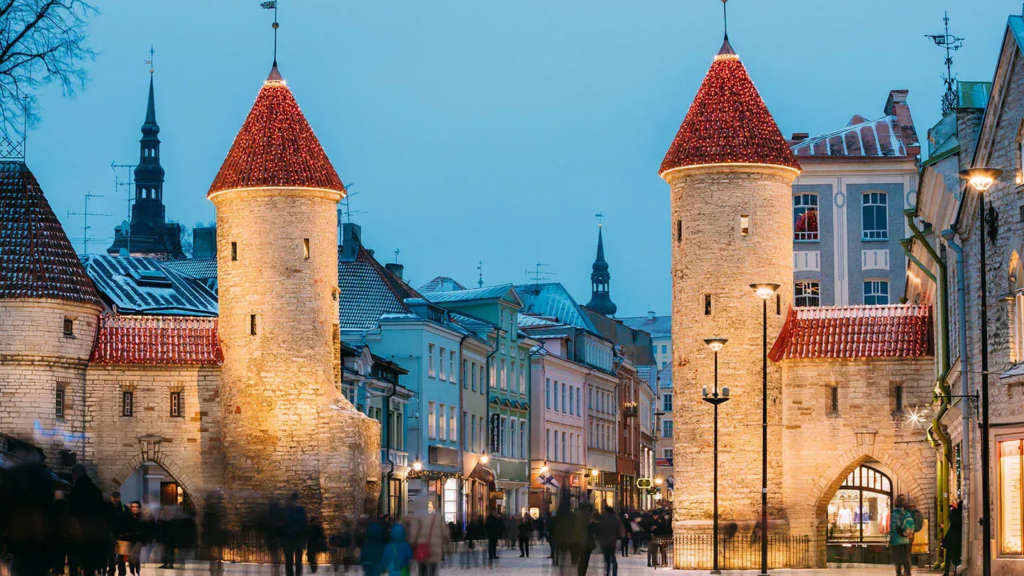
Once you have your Digital Nomad Visa and have arrived in Estonia, it’s time to settle in and start enjoying the benefits of living in this beautiful country. Here are some aspects of life in Estonia that you’ll likely encounter:
Housing
Finding accommodation in Estonia is relatively easy, especially in cities like Tallinn and Tartu. There are various options available, from modern apartments in the city center to more affordable options in suburban areas. Popular websites for finding rentals include City24.ee and KV.ee.
Rent prices in Tallinn vary depending on the location and size of the apartment. As mentioned earlier, a one-bedroom apartment in the city center typically costs between €500-€700 per month. Utilities are generally affordable, with heating, electricity, and water averaging around €100-€150 per month.
Co-working Spaces
Estonia has a thriving co-working culture, with numerous spaces available for remote workers and entrepreneurs. Some of the most popular co-working spaces in Tallinn include:
- Lift99: Located in the Telliskivi Creative City, Lift99 is a vibrant co-working space that attracts startups and digital nomads. It offers flexible membership plans, high-speed internet, and a community of like-minded professionals.
- Workland: Workland has several locations across Tallinn and Tartu, offering modern workspaces with 24/7 access, meeting rooms, and networking events.
- Spring Hub: Another popular option, Spring Hub, provides a relaxed and creative environment for remote workers. It’s known for its friendly atmosphere and affordable membership options.
Healthcare
Estonia’s healthcare system is modern and efficient, with a mix of public and private healthcare providers. As a digital nomad, it’s essential to have comprehensive health insurance that covers you during your stay. While public healthcare is available to residents, most digital nomads prefer private healthcare for its convenience and shorter waiting times.
There are several private clinics in Tallinn that offer a wide range of medical services. Many doctors speak English, and the quality of care is generally high. If you need to see a specialist or require hospitalization, it’s advisable to have private health insurance to cover the costs.
Transportation
Getting around Estonia is easy, thanks to its well-developed public transportation system. In Tallinn, the public transport network includes buses, trams, and trolleys, making it easy to navigate the city. A single ticket costs €1.50, and monthly passes are available for around €30.
For those who prefer to drive, Estonia has a well-maintained road network, and car rentals are readily available. However, keep in mind that parking in the city center can be expensive and challenging to find.
Cycling is also a popular mode of transport in Estonia, especially during the warmer months. Tallinn has a growing network of bike lanes, and many residents use bicycles to commute to work or explore the city.
Culture and Lifestyle
Estonia’s rich cultural heritage is reflected in its festivals, music, and art. As a digital nomad, you’ll have plenty of opportunities to immerse yourself in the local culture. The city of Tallinn, with its medieval old town, is a UNESCO World Heritage Site and hosts various cultural events throughout the year, including the Tallinn Old Town Days and the Tallinn Black Nights Film Festival.
Estonians value their natural surroundings, and outdoor activities are a big part of life here. Whether it’s hiking in the Lahemaa National Park, exploring the forests of Soomaa, or enjoying the beaches on the island of Saaremaa, there’s no shortage of natural beauty to discover.
Read more : Portugal Nomad Visa: Who is Eligible and How to Apply
